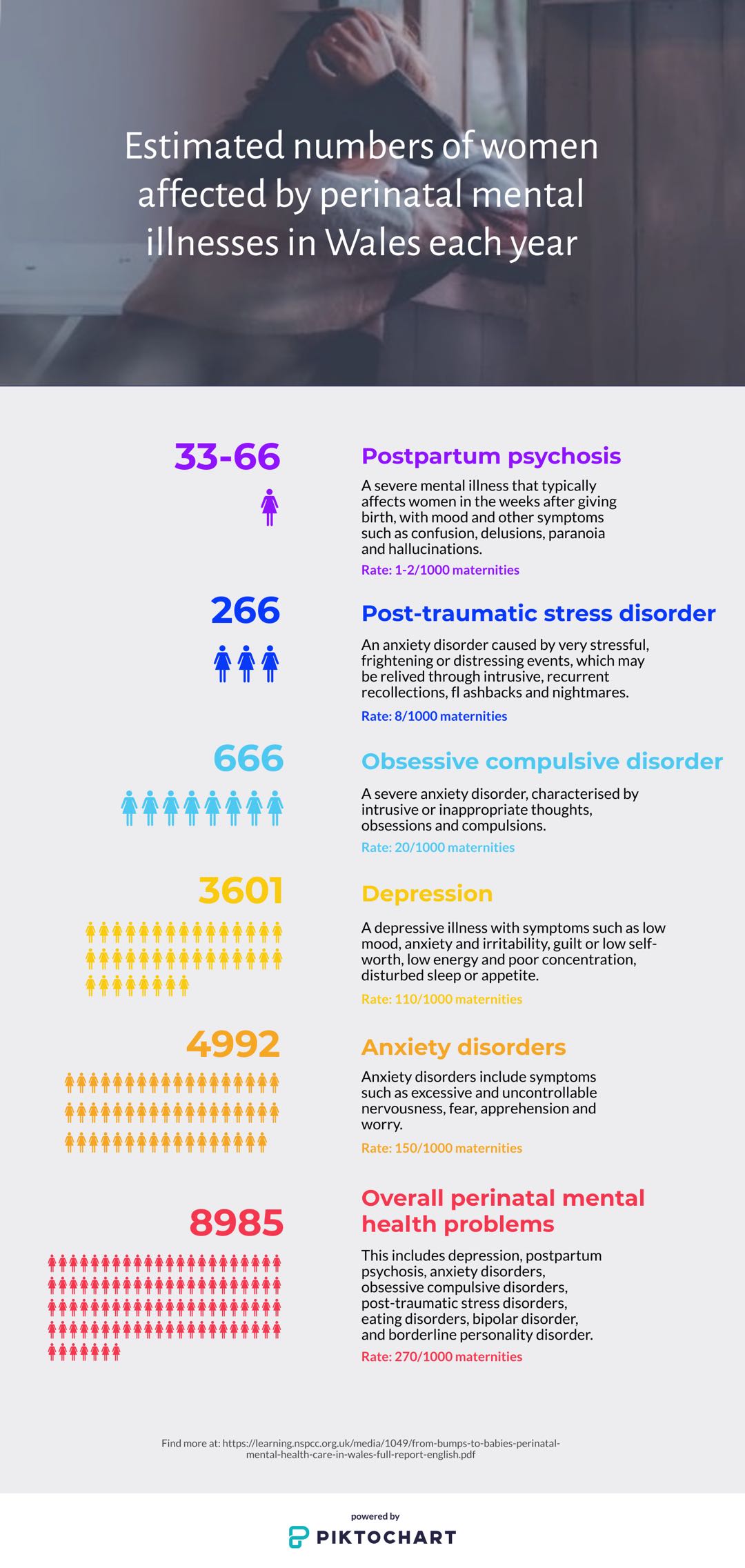As Mother’s Day approaches, a red post box appears in the Cardiff Central Library, offering opportunities to mothers who have perinatal depression and voicing support for those new sufferers.
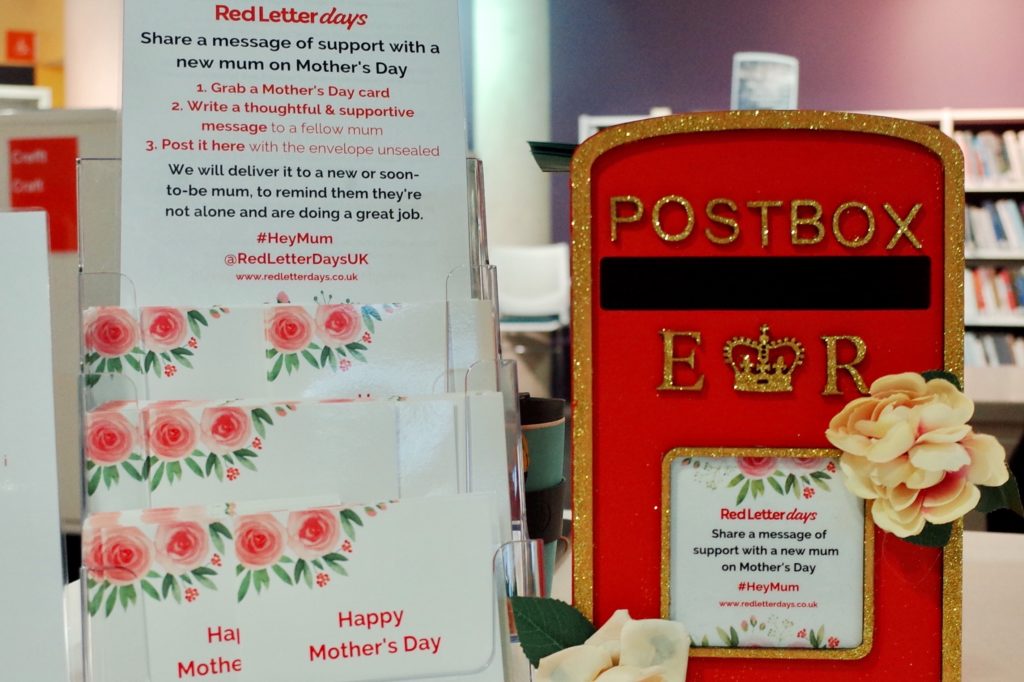
For Ella, the normal course of life ended after her second birth. The following countless days felt like she was drowning in endless anger. A bitter quarrel would suddenly broke out, followed by the crash of dishes. And she would even got overwhelmed with irritation when seeing the minor infractions of her children.
Moreover, the combination of loneliness, despair, and anxiety, was like a fierce monster, gradually reared its ugly head, making her unable to generate energy about anything.
“First I had thought the only thing that wasn’t on the right track was my poor sleep and irregular schedule.” Ella said, “Being a mother of two children is like running a never-ending marathon. Despite you got some relatives to help you, you’re the one who needs to be responsible for everything.
“It wasn’t until the third month after my son’s birth that I realized I made a wrong judgment,” Ella continued, “I would suddenly get out of control, driven by inexplicable irritation, I would even scream at the kids or lash out at my husband without any sound reason.”
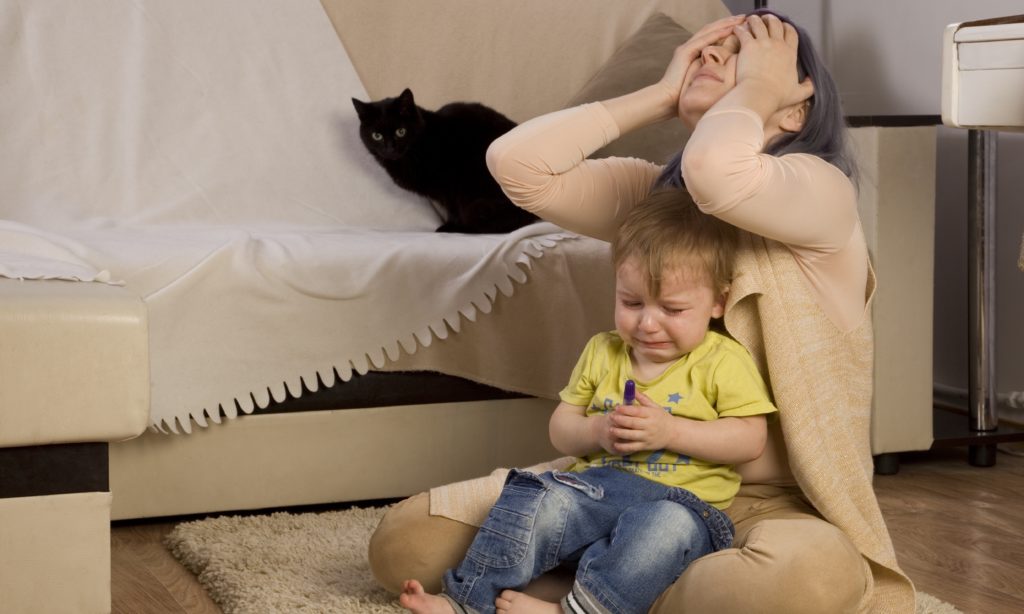
In fact, Ella is only one of thousands of mothers who suffer from perinatal depression and not knowing what their future hold. And according to Mental Health Foundation, more than 9000 women in Wales are struggling with the issue. However, the appearance of post box in Cardiff Central Library allows more people to send hopes and support to those sufferers as well as share their personal experiences.
Being an old sufferer and new supporter, Bethany once considered her abnormal behaviors as “the baby blues” in the earlier time but soon found herself stood in a much worse place. “I felt like I was in a funk I could not pull out of, even though I desperately wanted to. It was a vicious cycle of rage outbursts followed by extreme guilt over my behavior.”
Although faced with severe perinatal mental health problems, there are only a few mothers choose to reach out for help due to the social stigma as well as the doubts on their abilities to be good mothers. “Our society still does not embrace the notion that a woman can be a loving mother and experience devastating feelings of loss and sadness.” Karen Kleiman, an author said in her book “The Art of Holding in Therapy”.
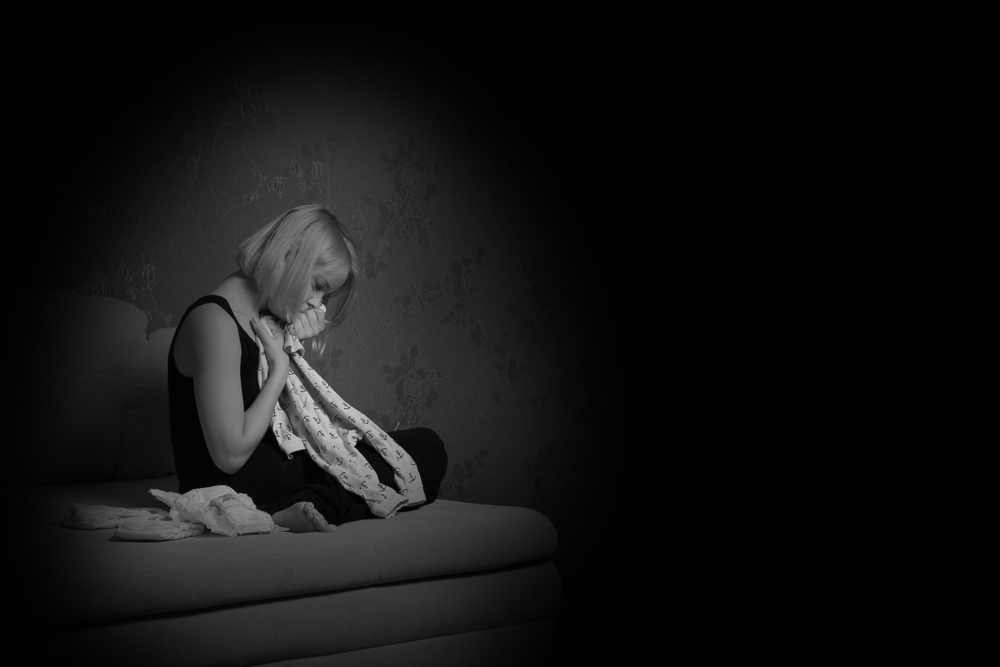
To make the situation worse, even sufferers themselves feel ashamed of their behaviors, with some are terrified of being depriving the custody of their children because of the mental problem. “Regardless of my behavior, I still loved my kids. I was so afraid that if anyone knows about my bursts of anger they would have them taken away.” Bethany said.
And a survey conducted by the Royal College of Nursing has shown that 50% of mothers in the research admitted that they were worried about feeling depressed when their babies are between eight months and three-quarters old. Carmel Bagness, professional lead at the RCN said: “Too many parents worry that going through depression or anxiety means they will be deemed unfit parents, and this can be a hugely damaging assumption which is putting lives at risk.”
Now groups of people in the society have given their increasing attention to getting rid of this outdated stigma and encouraged women who suffer from mental problems to seek help as soon as possible. Maternal Mental Health Alliance is a charity and has united over 90 relevant organizations across the UK, bringing advanced psychological therapies and equipment, professional knowledge as well as attentive services to the sufferers.
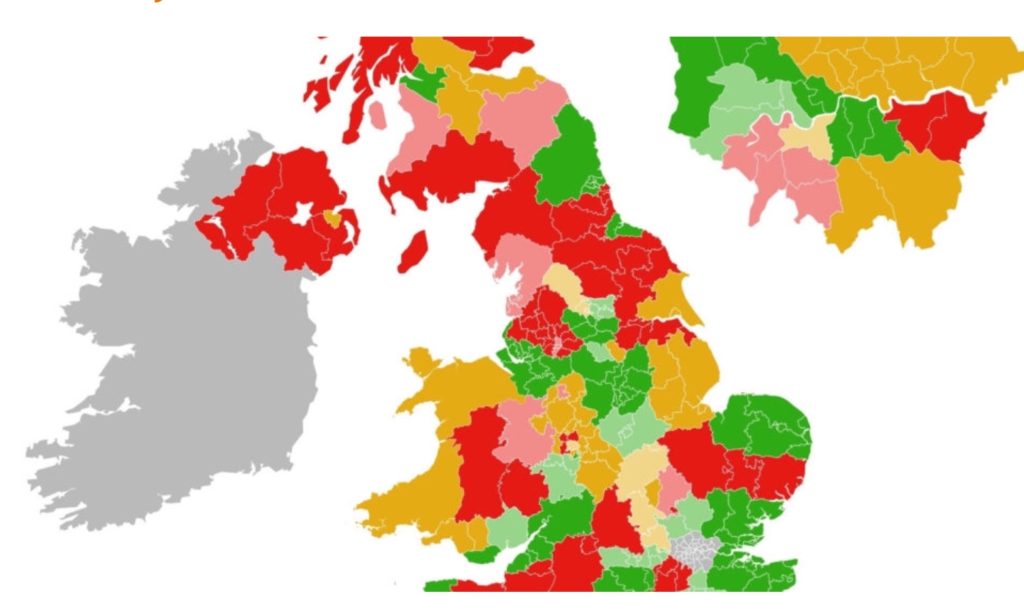
As one of the few organizations which are independent of MNHA, Maternal Mental Health Research Collaborative has been actively involved in changing the hard situations of mothers with perinatal depression. They even bring the sufferers into their research programs and creating videos by encouraging them to share their stories. This not only help researchers better understand people’s challenges and offer professional aids but also as a way to help them release stress.
Similar to the organization, the gift company Red Letter Days and mental health charity PANDAS launch the “post box” are aiming to raise awareness of perinatal mental health. In this way, the sponsors try to make this year’s Mother’s Day quite unforgettable and they receive quick responses soon after the project starts.
“I send this message to those mothers, telling them perinatal depression is not something that needs to be shamed. It’s just a hard period that you will finally come through. Catherine, who once was struggling with perinatal depression said, “Also embrace your problems and voice help whenever you need. If we want people to understand us, we ourselves need to make the first step.”
